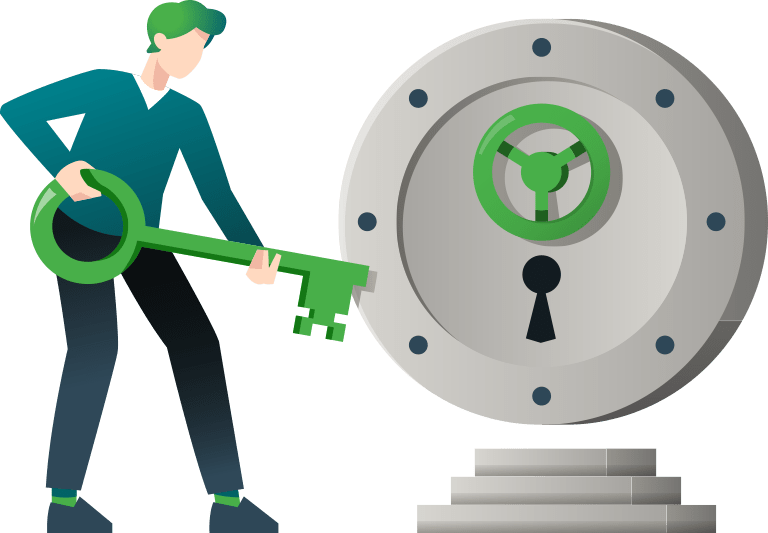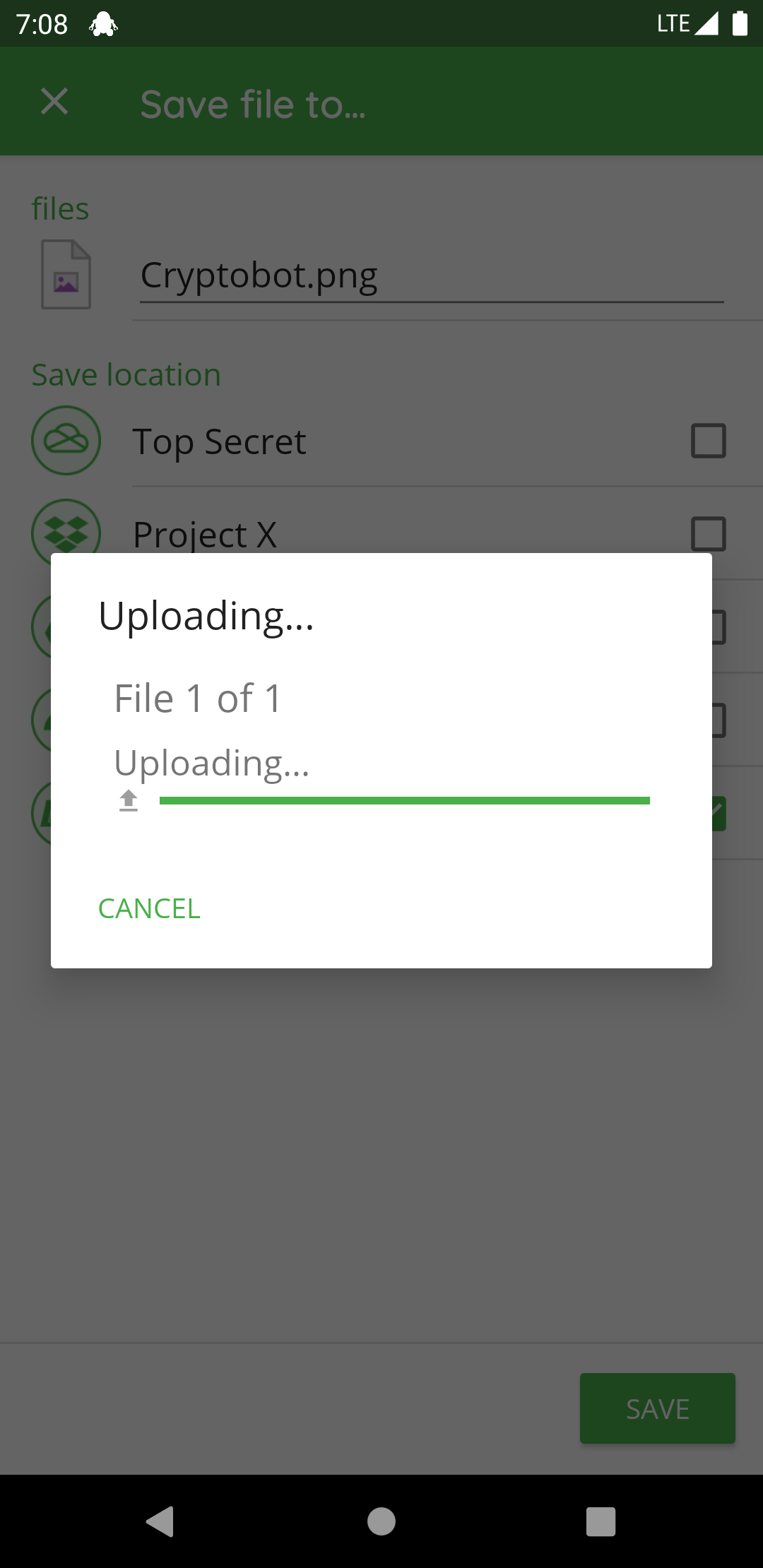

Cryptomator vs android#
They recently released a new version and licensing method for those who do not use Google Play Services on their Android device, check it out their EARLY ACCESS Website, but you’ll have to buy the mobile versions. The desktop versions are free to use from their When I need access to my files, I open Cryptomator, select the vault I need, enter my password, and BAM! There are my files on my device, but if you log into the server, you’ll see the encrypted files on the cloud.Ĭryptomator makes an application for Windows, MacOSX, Android, and iOS.

I use Syncthing and Nextcloud both clients work in the background to keep my files synced across my devices and servers. Because of that, certain information is left. Instead, it’s focused on encrypting files stored with online storage services. This method is more straightforward than the old way of having to download a substantial encrypted zip file, making the changes, and then reuploading the considerable file. Cryptomator makes it clear that its focus is not on local protection. You make your changes to the files you need inside the virtual hard drive, and Cryptomator does on the fly encryption to only the file that changed. This process ensures that your data is never unencrypted with the cloud storage provider. (I also recommend using different passwords because if one is compromised, then all of them are.) How Cryptomator worksĬryptomator opens its vaults in a virtual hard drive. Instead of dropping your files directly into that directory, open Cryptomator to create or open a “vault.” A vault is what Cryptomator calls its encrypted containers, and each vault can have a different password. Setup your cloud storage provider’s client like you usually would on your computer and phone. What happens to those files if someone gains unauthorized access to your account, computer, phone, or with a warrant? Luckily, Cryptomator is here to save the day and make it pretty simple in securing your files. Do you use a cloud storage provider such as OneDrive, Dropbox, Google Drive, Nextcloud, or Syncthing to store personal and private documents? Although most of these options provide encryption at rest, the provider controls the encryption key and could have access to your files.


 0 kommentar(er)
0 kommentar(er)
